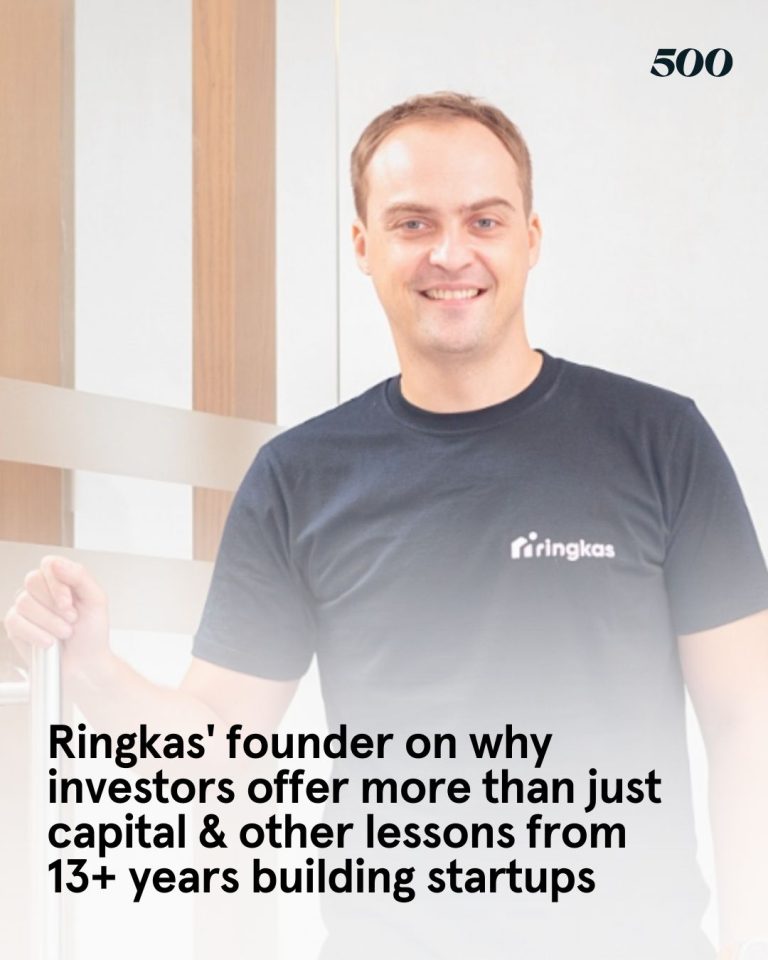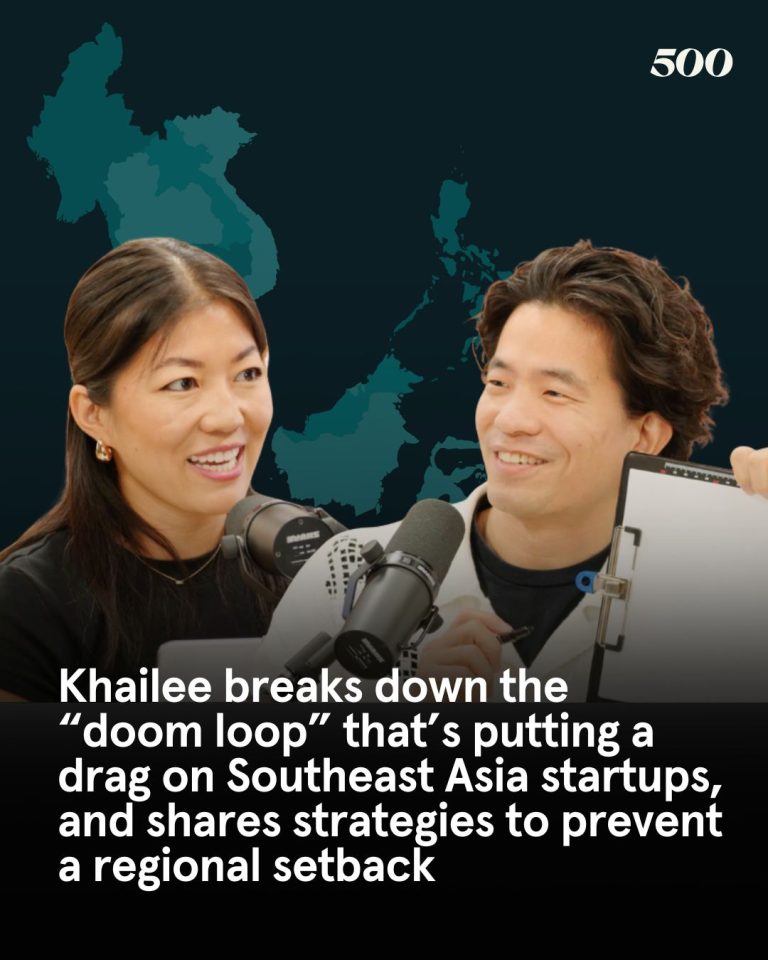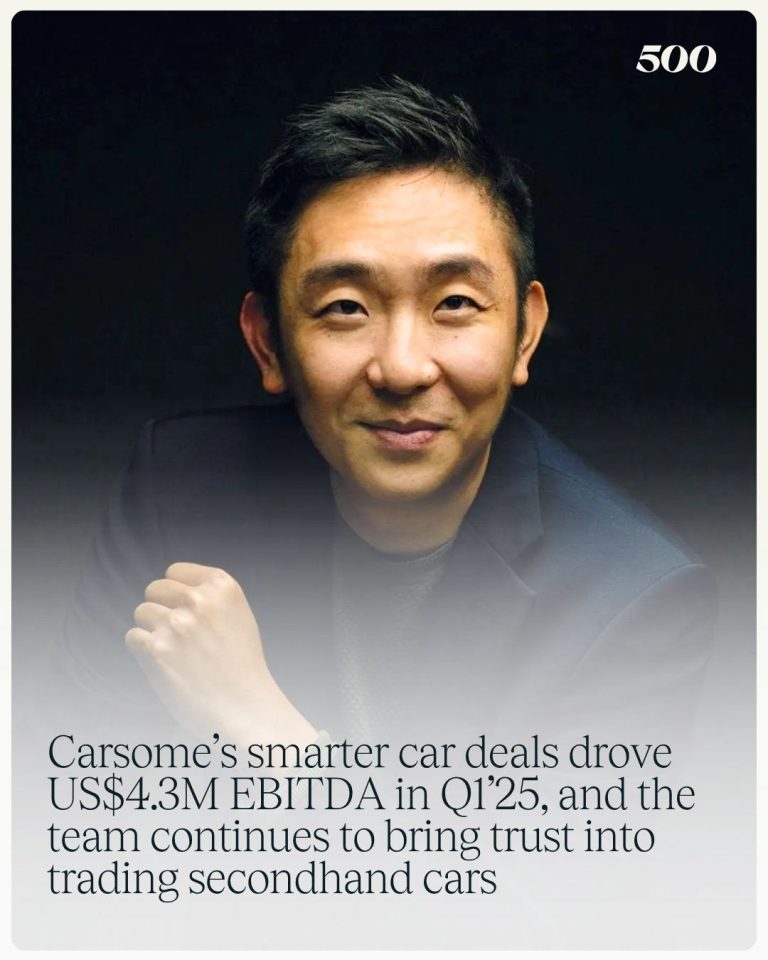Fulfilling all your grocery needs
- 500-backed Southeast Asian super app Grab has unveiled a new grocery service, GrabSuperMarket in Malaysia.
- Still in the pilot stage, the service contrasts with GrabMart, which caters to instant retail needs with delivery from retail stores under 30 minutes, as well as the Pasar feature that delivers fresh produce from local markets.
- GrabSuperMarket functions from a fully stocked dark store — a retail distribution center dedicated to fulfilling online shopping.

- Shoppers can find a wide-ranging of household items on the platform, from fresh produce and frozen food to cooking essentials.
- Next-day delivery is entirely free and there isn’t a minimum — or a cap — to your order, as stated here in the FAQ section.
- “As the need for delivery services continue to grow in view of the pandemic, the GrabSupermarket is part of Grab’s efforts to offer more income opportunity to Grab’s delivery network while providing an end-to-end service for local producers, farmers wholesalers and FMCG brands to serve Grab’s wide customer base.”
- The new grocery delivery feature is only available for Grab users within Petaling Jaya, in the areas of Section 12 and 13. It’ll expand to other townships in due time.
- Get information and details about GrabSuperMarket here.
From trash to treasure
- Plastic wastage in the fashion industry is rampant. In 2016, total packaging waste in the EU amounted to nearly 87 million tonnes (much of which was plastic), according to Vogue.
- But fashion houses are becoming more conscious about their plastic usage. For 500-backed Pomelo, the leading omnichannel fashion platform in Southeast Asia, it is collaborating with VGI PLC, an advertising solutions company, to upcycle vinyl materials used in billboards and repurpose them for packaging.
- The jointly-produced packaging can be reused up to 1,000 times and has helped to decrease VGI’s vinyl usage by 3,500 square meters and Pomelo’s single-use packaging by 200,000 pieces.
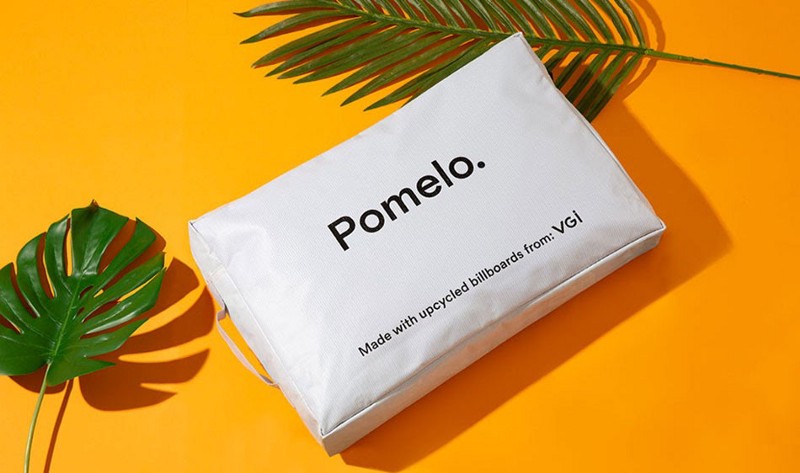
- All items purchased at Pomelo’s brick-and-mortar stores and online store will come in the packaging with Pomelo’s unmistakable typeface emblazoned on it.
- In related news, Pomelo had undergone a rebranding exercise with updates to its online platform and mobile apps. The app now has an intuitive search function for better product and brand visibility, and specific columns for in-app exclusive live streaming.
Hauling in the numbers
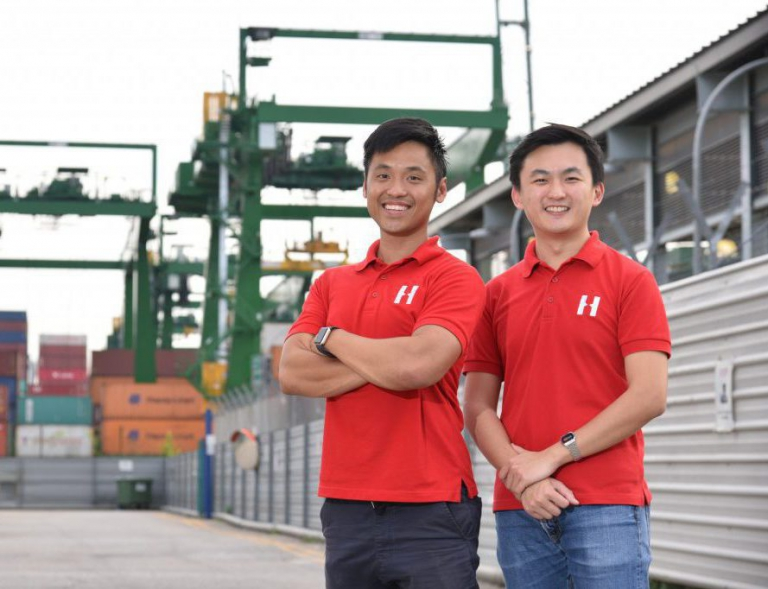
- Businesses globally are facing unprecedented challenges amid the pandemic, but logistics firm Haulio reported a strong closing of Q3 2020.
- Haulio is Singapore’s largest network of haulage service providers, using technology to enable businesses to get their containers moved.
- Company revenues saw a 10.6% quarter-on-quarter (QoQ) growth, and 14.6% in QoQ profits.
- Thanks to one of their key partners, TEU (Twenty-foot Equivalent Unit) transactions rose exponentially to 92.8%.
- Overall, TEU growth across all products also surged to 26.7%, with the major driver being their HSC (Haulio Connectivity System) app, which allows hauliers and controllers to easily communicate and manage their fleet and drivers
- Transactions through Haulio grew 196% year-on-year, and 31% QoQ.
- Their registered fleet also grew more than 50% since registering as an SME Go Digital vendor, an initiative by the Singapore government to help SMEs build stronger digital capabilities.
- Haulio is expecting to deploy their trailer tracker devices in the upcoming Q4, with pilot testing slated to begin in Q1 of 2021.
- Alvin Ea, CEO and co-founder added, “A landmark milestone of crossing our 500,000th transaction as well as doubling of our growth in our first overseas market in Thailand are results that I’m really pleased about, and as the year comes to an end, we’re on track for a stronger growth trajectory ahead.”
- Get the full report on Haulio’s Q3 performance here.
Missed out the last Daily Markup? Go here to check it out.
You can also find us on LinkedIn, Facebook, Twitter, and Instagram.

500 Startups is a venture capital firm on a mission to discover and back the world’s most talented entrepreneurs, help them create successful companies at scale, and build thriving global ecosystems. In Southeast Asia, 500 Startups invests through the pioneering 500 Southeast Asia family of funds. The 500 Southeast Asia funds have backed over 240 companies across multiple sectors from internet to consumer to deep technology. It continues to connect founders with capital, expertise and powerful regional and global networks to help them succeed.
This post is intended solely for general informational or educational purposes only. 500 Startups Management Company, L.L.C. and its affiliates (collectively “500 Startups”) makes no representation as to the accuracy or information in this post and while reasonable steps have been taken to ensure that the information herein is accurate and up-to-date, no liability can be accepted for any error or omissions. All third party links in this post have not been independently verified by 500 Startups and the inclusion of such links should not be interpreted as an endorsement or confirmation of the content within. Information about portfolio companies’ markets, competitors, performance, and fundraising has been provided by those companies’ founders and has not been independently verified. Under no circumstances should any content in this post be construed as investment, legal, tax or accounting advice by 500 Startups, or an offer to provide any investment advisory service with regard to securities by 500 Startups. No content or information in this post should be construed as an offer to sell or solicitation of interest to purchase any securities advised by 500 Startups. Prospective investors considering an investment into any 500 Startups fund should not consider or construe this content as fund marketing material. The views expressed herein are as at the date of this post and are subject to change without notice. One or more 500 Startups fund may have a financial interest in one or more of the companies discussed.
